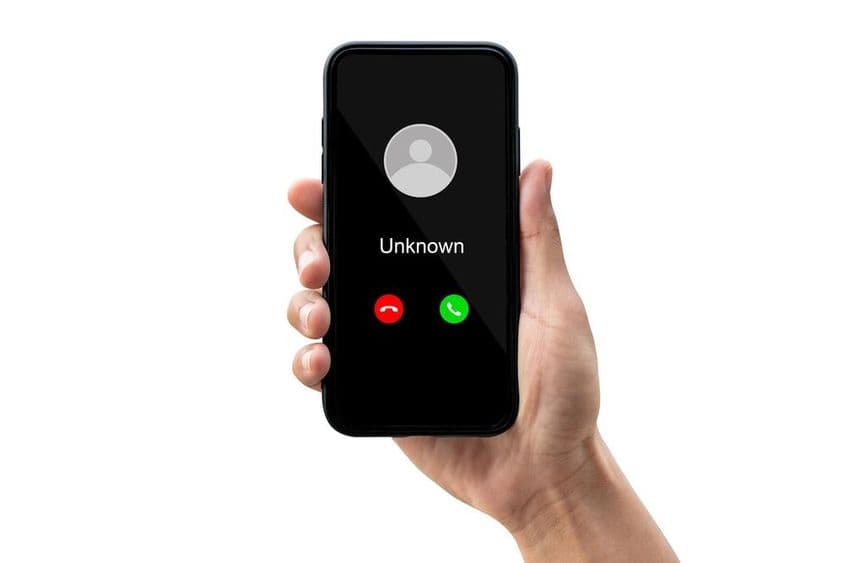Navigating Zero-Day Attacks: Stay Protected

Zero-Day Attacks in the UAE – How to Protect Yourself When Even a WhatsApp Call is Enough for Infection
The Cybersecurity Council of the United Arab Emirates has issued a warning regarding the increasing prevalence of zero-day attacks, in which hackers exploit security flaws that manufacturers have not yet identified, and therefore no updates or protections exist against them for users. These attacks are particularly dangerous because the majority of victims remain unaware that their devices have been compromised – and often it is too late by the time they realize.
What is a Zero-Day Attack?
A zero-day attack is a type of cyberattack that exploits previously unknown or known but unpatched software vulnerabilities. These vulnerabilities are often unrecognized even by the developers, meaning no security updates or patches are available at the time. Attackers take advantage of this situation to secretly gain access to the device, steal data, or even spy on the user.
Is a WhatsApp Call Enough?
According to the Cybersecurity Council, a single WhatsApp call can be enough for attackers to inject malicious code onto the victim's phone. This form of attack is particularly concerning because it does not require answering the call or opening anything – it is enough for the device to receive the call, and the infection can occur. This is especially dangerous for applications that operate automatically in the background, such as WhatsApp or other messaging platforms.
What Happens After Infection?
After infection, attackers can access data stored on the device, such as:
photos,
videos,
messages,
contact lists,
microphone and camera.
All this happens without the user receiving any notifications, and the application appears to be functioning normally. This is one of the reasons why zero-day attacks are the most effective tools in the hands of cybercriminals.
How to Protect Yourself from Such Attacks?
While complete protection against zero-day vulnerabilities is nearly impossible, there are measures that can significantly reduce the risk. The UAE Cybersecurity Council has made the following recommendations:
Update Applications
Regularly update the applications in use, especially messaging apps like WhatsApp. Developers often release security updates that close previously known vulnerabilities.
Two-Factor Authentication
Activating two-factor authentication provides extra protection. Even if attackers gain access to a password or device, the second authentication level (such as a code sent via SMS or email) can prevent access.
Mute Unknown Callers
In WhatsApp settings, there is an option to automatically mute calls from unknown numbers. This can reduce the chance of a malicious call reaching the device.
Use Reliable Antivirus
Mobile security applications can detect certain levels of malicious code and behavior patterns. While they do not provide perfect protection against a zero-day attack, they help reduce the risk.
Trust Only Official Sources
Often the first step in attacks is to lure the victim into clicking deceptive links. This can be avoided by only trusting information from official sites and reliable sources.
Avoid Suspicious Links
Never open unknown links received in emails, messages, or comments. These often lead to sites spreading malicious codes.
Social Responsibility in Digital Security
The Gitex Global 2025 event also highlighted that relying solely on state protection is not enough: everyone must take action for cybersecurity. Participation in the online space comes with the same responsibility as any other community role.
The emphasis is on prevention – if everyone acts even one step more consciously online, attackers will face much greater challenges. Digital self-defense is no longer an option, but a fundamental requirement. Those who do not protect their own data willingly give control to an unknown party.
Defense is Not a Technical Privilege
It is important to emphasize that basic defense steps are accessible to anyone. No IT background or special knowledge is needed to update applications, enable two-factor authentication, or avoid suspicious links. These can become simple everyday habits if their significance is realized.
The Future Question: Is Complete Security Possible?
The likely answer is no. As digital systems evolve, so do the attackers' tools. It is the collective responsibility of states, companies, and individuals to minimize vulnerability and respond quickly to emerging threats. Zero-day attacks will not disappear – but their significance can be reduced if we are prepared.
Dubai and the entire UAE are exemplary in preventing cyberattacks, but for this to actually work, every resident must actively participate in their own digital protection. This is important not only for individual data protection but also for maintaining social trust – as a single malicious attack can affect many lives.
(Source: Warning from the United Arab Emirates Cybersecurity Council.)
If you find any errors on this page, please let us know via email.


